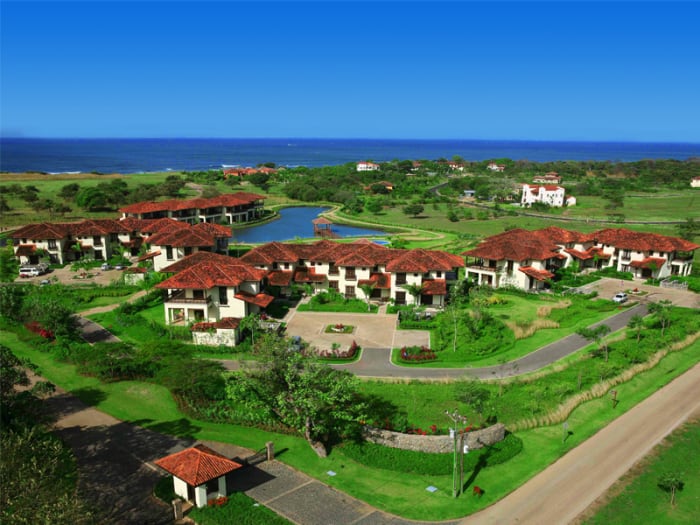Can I buy property in Costa Rica as a nonresident? Is the property I purchase in Costa Rica titled? Will the title be in my name? Can I build on the property? What do I need to do to keep it in my possession? Can I incorporate my property? Can I lose my property to squatters? What are my property rights in Costa Rica?
It is important to ask yourself all of these questions before buying property in Costa Rica, so you don’t have to worry about it later.
Private property rights in Costa Rica are regulated by the constitution and gives citizens and nonresidents the same rights to buy and to own titled property in Costa Rica. I am saying “titled property” because there are two exceptions: property located in the Maritime Terrestrial Zone (ZMT) and property donated to a Costa Rican by IDA (Instituto de Desarrollo Agrario), but that’s another article.
Property in Costa Rica is registered in the National Registry, or Registro Nacional, where you will find all pertinent information about any existing property in Costa Rica. If you do a title study of a property in Costa Rica, it will show if that property is owned by a person, several persons or a corporation, the property number, the size of the property, the nature of the property, the neighbors of the property, any liens or mortgages the property might have, and the number of the survey.
Titled property ownership
The purchase of a titled property is documented in a deed, or escritura, where a seller sells to buyer at X sales price. Only a notary public registered in the Dirección Nacional de Notariado de Costa Rica can register a deed in his protocol and present it to the National Registry. Proof of the exact location of the property with its measurements and boundaries is shown in a formal survey, or plano catastrado, registered in a department of the National Registry, the Catastro Nacional.
Proof of ownership, powers of attorney, and property rights show in a personería juridica that can be requested online from the National Registry against payment and at any time or by your attorney.
Zoning or use of the property
Most municipalities in Costa Rica have a zoning plan that regulates what can be built on a property and how the property can be used. The request of this information from the municipality is called an uso de suelo and this will show if the property is zoned residential, commercial, industrial or mixed, what the density is, and how many stories can be built. The zoning will also tell you how large the lots can be if the property is going to be subdivided.
The environment
Larger properties to be subdivided in a condominium or a subdivision have to go through permitting like in most other countries. Environmental studies to be approved by the National Technical Secretariat of the Environment Ministry, or SETENA (Secretaría Técnica Nacional Ambiental, in Spanish), are necessary, along with other documents approved by the different institutions, like AyA (water), Colegio de Ingenieros y Architectos, Ministry of Health, INVU and the fire department.
Property rights and taking care of it
Especially if you purchase property in Costa Rica as an investment, you have to pay attention to the maintenance of the property. This means cleaning the property at least twice a year (most important right after the rainy season), keeping the fences in good shape, paying the property and municipal taxes on time, and ensuring that no squatters move onto your property.
Squatters
In other countries, you can lose your property rights to public bidding if you don’t pay your property taxes on time. In Costa Rica, you can lose your property if squatters move onto the property.
Article 277 of the Costa Rican civil code establishes possession rights for a property by means of occupation. These possession rights can be acquired when the owner allows a third party to use and maintain possession of the property for more than a year (Par. 2, Art. 279 Civil Code).
You should not only pay your property taxes on time, but also check on your property for squatters, unless your property is located in a condominium or gated community. For legal information about a property or property rights, contact your attorney.
Ivo Henfling is a Dutch national, a resident of Costa Rica since 1980 and a Costa Rican real estate broker for over 20 years. He is the founder of GoDutch Realty, which covers several locations in the Central Valley, including Escazú, Santa Ana, Atenas, Cariari and Grecia. You can contact Ivo at (506) 2289-5125 / 8834-4515 or at ivo@godutchrealty.com






